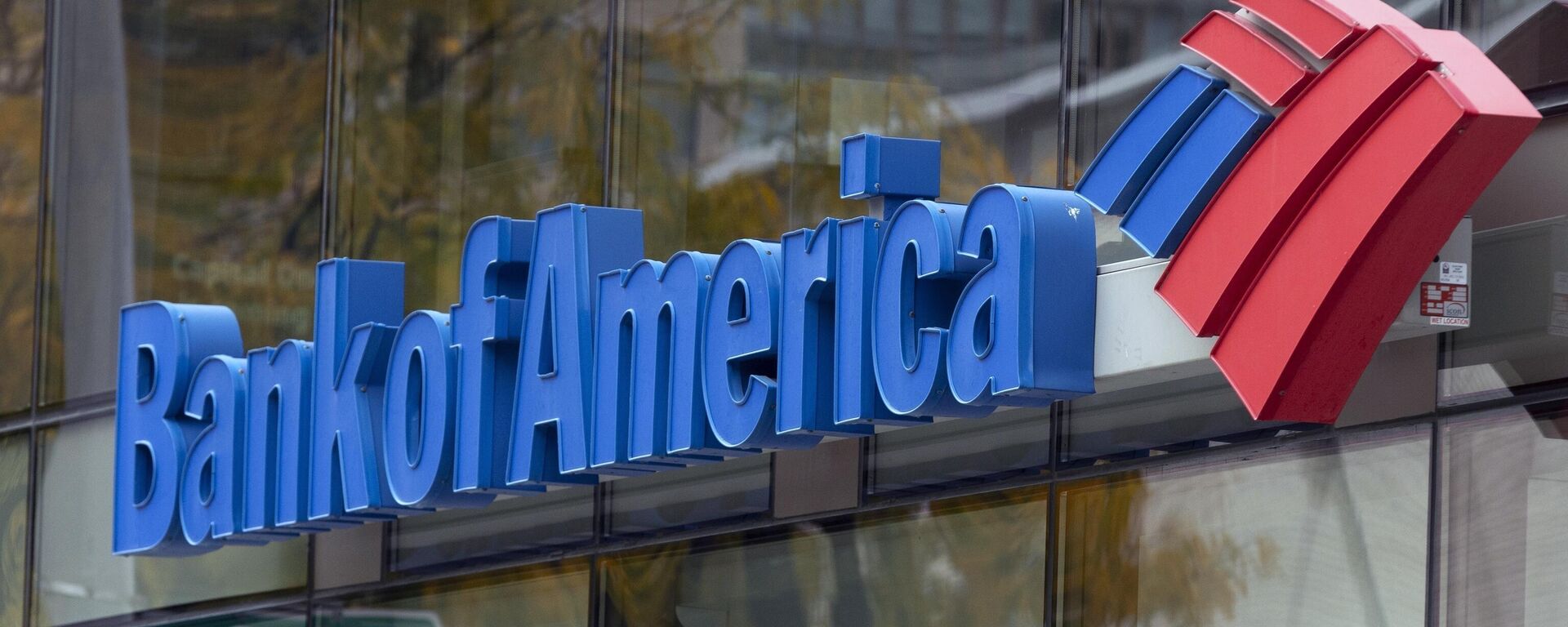https://sputnikglobe.com/20230606/us-in-cardboard-box-recession-may-see-inflation-drop-in-6-months---top-economist-1110967939.html
US in 'Cardboard Box' Recession, May See Inflation Drop in 6 Months - Top Economist
US in 'Cardboard Box' Recession, May See Inflation Drop in 6 Months - Top Economist
Sputnik International
A top economist at Charles Schwab said that the United States is in a "cardboard box" recession, which may lead to a full recession but may also reduce inflation.
2023-06-06T23:56+0000
2023-06-06T23:56+0000
2023-06-06T23:56+0000
jeffrey kleintop
federal reserve
pmi
inflation
recession
charles schwab & co
economy
https://cdn1.img.sputnikglobe.com/img/07e7/03/1b/1108839736_0:321:3071:2048_1920x0_80_0_0_e0bcf0d0254a6e921cb70ebc0c873807.jpg
The United States is in a "cardboard box recession" says Jeffrey Kleintop, the chief global investment strategist for Charles Schwab, but the economic contraction may have a silver lining: lower inflation.The United States is seeing a decline in sales of cardboard boxes, according to the Fibre Boxes Association, an often overlooked indicator that has preceded previous recessions in the United States.That decline is indicative of an economic contraction in the manufacturing and trade industry. Typically, full recessions see a shrinking of economic activity across the board, hence the moniker “cardboard box recession.”It is possible that it could evolve into a full-blown recession if the problem spreads to other industries like the service industry. The shrinking of the manufacturing industry could lead to a weaker job market, further reducing demand and putting pressure on corporations to make more cuts, exacerbating the issue.But the economic downturn could have a silver lining, at least for those who hold onto their jobs: reduced inflation. The nation’s Purchasing Managers’ Index (PMI), which tracks economic trends in manufacturing, has slowed in its expansion, dropping from 51.9% in April to just 50.3% last month. Anything over 50% indicates an expansion while anything below that indicates a contraction. Last year, May’s PMI was 56.1%. Significantly, both the Employment Index and Supplier Deliveries Index, two indicators within the PMI, saw contractions in May at 49.2% and 47.7%, respectively.The PMI typically leads inflation by about six months, meaning that if it continues to fall, so should inflation, with that being felt by consumers by the end of this year. That could help the economy recover from its recession, cardboard box or full, as manufacturing costs would drop for companies eventually leading to a rebound in hiring and economic growth.It may also encourage the Federal Reserve to halt planned interest rate hikes. The Fed has been increasing interest rates in an attempt to slow inflation, but it has had the side effect of slowing investment and borrowing.According to the CME FedWatch tool, investors largely believe the Fed will stop its interest rate hikes: the tool says there is a 79% chance the Fed pauses further rate hikes during a policy meeting scheduled for next week.
https://sputnikglobe.com/20230604/bank-of-america-head-predicts-start-of-recession-in-us-in-second-half-of-2023-1110907596.html
Sputnik International
feedback@sputniknews.com
+74956456601
MIA „Rossiya Segodnya“
2023
News
en_EN
Sputnik International
feedback@sputniknews.com
+74956456601
MIA „Rossiya Segodnya“
Sputnik International
feedback@sputniknews.com
+74956456601
MIA „Rossiya Segodnya“
recession, depression, inflation, cardboard box sales
recession, depression, inflation, cardboard box sales
US in 'Cardboard Box' Recession, May See Inflation Drop in 6 Months - Top Economist
A cardboard box recession indicates a contraction of the manufacturing and trade industry, but it has a possible silver lining: slowed inflation.
The United States is in a "cardboard box recession" says Jeffrey Kleintop, the chief global investment strategist for Charles Schwab, but the economic contraction may have a silver lining: lower inflation.
The United States is seeing a decline in sales of cardboard boxes, according to the Fibre Boxes Association, an often overlooked indicator that has preceded previous recessions in the United States.
That decline is indicative of an economic contraction in the manufacturing and trade industry. Typically, full recessions see a shrinking of economic activity across the board, hence the moniker “cardboard box recession.”
It is possible that it could evolve into a full-blown recession if the problem spreads to other industries like the service industry. The shrinking of the manufacturing industry could lead to a weaker job market, further reducing demand and putting pressure on corporations to make more cuts, exacerbating the issue.
But the economic downturn could have a silver lining, at least for those who hold onto their jobs: reduced inflation. The nation’s Purchasing Managers’ Index (PMI), which tracks economic trends in manufacturing, has slowed in its expansion, dropping from 51.9% in April to just 50.3% last month.
Anything over 50% indicates an expansion while anything below that indicates a contraction. Last year, May’s PMI was 56.1%. Significantly, both the Employment Index and Supplier Deliveries Index, two indicators within the PMI, saw contractions in May at 49.2% and 47.7%, respectively.
The PMI typically leads inflation by about six months, meaning that if it continues to fall, so should inflation, with that being felt by consumers by the end of this year. That could help the economy recover from its recession, cardboard box or full, as manufacturing costs would drop for companies eventually leading to a rebound in hiring and economic growth.
It may also encourage the Federal Reserve to halt planned interest rate hikes. The Fed has been increasing interest rates in an attempt to slow inflation, but it has had the side effect of slowing investment and borrowing.
According to the CME FedWatch tool, investors largely believe the Fed will stop its interest rate hikes: the tool says there is a 79% chance the Fed pauses further rate hikes during a policy meeting scheduled for next week.



